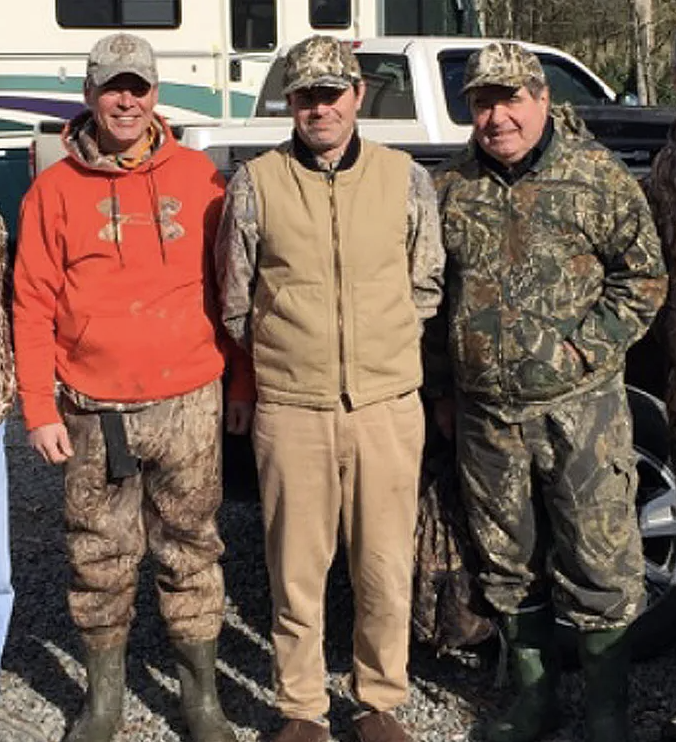Justice Barrett Calls Up Justice Scalia's "Personal Hospitality" Trick During an Interview
During a recent interview with the National Review, Justice Barrett was asked what she might ask her former boss, Justice Scalia, if he were alive today.

Her response gives some insight into, and essentially confirms, Scalia’s longtime gameplan to receive various freebies that in his mind were not reportable on any disclosure form (except that they were).
Here’s how it worked (also confirmed in this article):
Scalia would be flown out to a university to give a talk (fine), and afterwards, he’d accept an invitation to be a nonpaying guest of someone associated with the school, or who lived nearby the school, on a hunting trip.
Scalia would include the talk but omit the hunting part of the trip from his financial disclosure under the “personal hospitality exemption,” which states that “hospitality extended for a nonbusiness purpose by an individual, not a corporation or organization, at the personal residence of that individual or the individual’s family or on property or facilities owned by that individual or the individual’s family” isn’t reportable.
But since hunting lodges and game reserves are often owned by corporations — Blackhawk Hunting LLC; Stonehaven LLC; Southwestern Holdings LLC; Ringneck Ranch, Inc.; Fitch Farms, Inc.; and Rio Piedra Plantation, Inc., to name a few of his old haunts — and a corporation is not a person from whom one can receive hospitality, Scalia’s omission of many of these trips was unlawful.
Here’s the exchange (emphasis ours):
National Review: What would be a time that you’ve thought you wish you could ask your old boss, Justice Scalia, what he thought?
Justice Barrett: [Laughs] I think there are parts of the job, and you were referencing them a little bit when you were talking about discretion, and there are parts of the job that it’s not like you would learn in law school, or as a court of appeals judge, because it just doesn’t come up. How to think about cert, how to think about precedent, just the things you otherwise get by osmosis, like things having to do with relating to other justices.
Or, I don’t know, how did he decide, when he was — you were asking about being kind of an ambassador for the Constitution outside the Court, how did you decide? How did you prioritize invitations, besides the fact, besides if they were at hunting locations that you wanted to go to? [Laughs] Yeah, what do you think it’s important to use your platform to do…?